The New Harmony Project believes in the humanity of all people: we celebrate and uplift the identities of every single human. We nurture writers as they develop new stories that interrogate the complexity of hope. Our writers represent the vast diversity of our country: they identify as part of every racial group; they identify as trans, nonbinary, lesbian, gay, and intersex; they identify as members of other historically marginalized groups. Our writers bring vastly diverse ideas, perspectives, and experiences to their work. And we are proud to support them all.
As a nonprofit, The New Harmony Project has been a recipient of NEA grant funding for over 20 years. At the end of 2024, we were thrilled to receive a $40,000 grant to support our work to develop new plays. We’ve never worried about having to compromise our values in order to apply for NEA funding.
That’s because our values were aligned with NEA’s values.
The NEA’s 2022-2026 strategic plan enumerates the many ways that the agency would uplift and support “distinctive and often marginalized voices.” NEA staff members applauded our own 2022-2027 strategic plan, in which The New Harmony Project committed to anti-racism, belonging, and equity. Notably, the NEA’s website highlighted this quote from President Lyndon B. Johnson at the groundbreaking ceremony for the Kennedy Center for the Performing Arts in 1964:
“There is a quality in art which speaks across the gulf dividing man from man and nation from nation, and century from century. That quality confirms the faith that our common hopes may be more enduring than our conflicting hostilities.”
Johnson saw that the survival of our civilization is through the democratization of the arts, and the expansion of the people telling stories. His speech continues, “We can maintain and strengthen an atmosphere to permit the arts to flourish, and those who have talent to use it. And we can seek to enlarge the access of all of our people to artistic creation.”
Last week, the NEA imposed new requirements for future grant applications that reject that vision. Those requirements provide that no funds can be used for programs promoting “diversity, equity, and inclusion” or anything the Trump administration considers to be “gender ideology.”
Further, these requirements would mandate NHP and all NEA applicants to agree that we will comply with all Executive Orders of the Trump Administration, including the racist and transphobic orders issued last month that:
Deny the existence of transgender persons;
Disparage well-established understandings of gender identity; and
Declare that diversity, equity, and inclusion policies and practices are “illegal” and “immoral.”
Moreover, NHP and all other arts organizations must agree to comply with all future Executive Orders from this administration. Given the amount of bigoted and hateful rhetoric coming from the administration in just its first month, how could any organization committed to anti-racism and equity make that agreement?
In short, the Trump Administration has told The New Harmony Project that we must abandon our values and principles and turn our backs on our diverse and inclusive community in exchange for future NEA funding. We say in response:
Our values are not for sale.
Throughout U.S. history, we’ve looked to writers to help us understand ourselves and our place in the world around us. They have helped us find our way forward; they’ve helped us see the truth when we’ve tried to avoid it. They’ve sculpted and celebrated the identity of this country in ways that we cannot possibly quantify.
For nearly 40 years, The New Harmony Project has served as a wellspring of creativity for writers and a place of nurture and support. At a time when racist, transphobic, and bigoted voices are being amplified at the highest levels of the federal government, The New Harmony Project will continue to be a just, equitable, anti-racist, and anti-oppressive organization. We will prioritize people over process, programs, or federal funding. With the support of our community, we will continue our mission to nurture all writers who interrogate the complexity of hope.
Sincerely,
Jenni Werner
Executive Artistic Director


